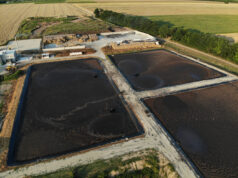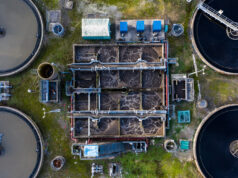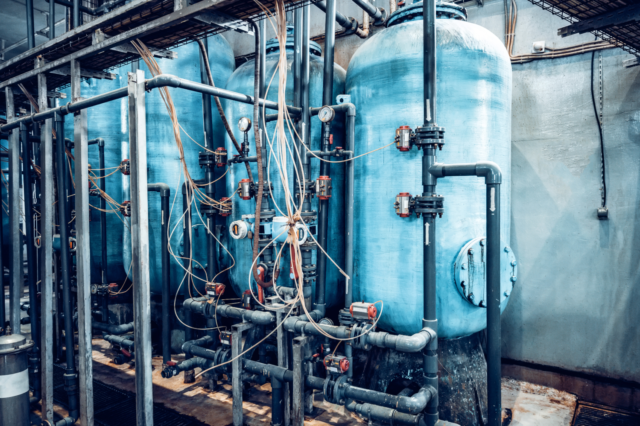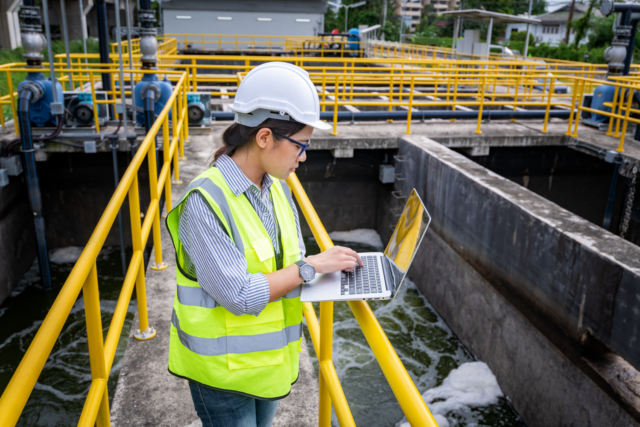Energy Efficiency in Water Treatment
In the realm of water treatment, energy efficiency is not just an operational concern; it’s an economic imperative. With the sector accounting for a significant portion of municipal energy usage, water treatment professionals are increasingly focusing on innovative strategies to reduce this footprint. This article explores key approaches to enhance energy efficiency in water treatment facilities, referencing current studies and expert insights. Integrating renewable energy sources like solar and wind power into water treatment operations can drastically reduce reliance on traditional, non-renewable energy sources. According to the Environmental Protection Agency (EPA), renewable energy systems can help facilities achieve long-term cost savings while contributing to greenhouse gas reduction goals. Facilities across the globe, such as the Stickney Water Reclamation Plant in Illinois, have successfully implemented solar arrays, demonstrating the feasibility and benefits of this approach.
Pumping systems are the primary energy consumers in water treatment plants. A study by the Electric Power Research Institute (EPRI) highlights that optimizing these systems through variable frequency drives (VFDs) and efficient pump design can lead to substantial energy savings. The California Energy Commission’s guide on energy efficiency in water utilities underscores the importance of regular maintenance and system upgrades to ensure optimal pumping efficiency. Implementing advanced process control and automation is a key strategy for energy optimization. Real-time monitoring and control systems can significantly enhance process efficiency, as evidenced by a case study published in the Journal of Water Process Engineering, which shows how automation led to energy savings in a wastewater treatment plant. These systems allow for the precise control of aeration, filtration, and other energy-intensive processes.
Wastewater itself can be a source of energy too. Technologies like anaerobic digestion and thermal hydrolysis enable the extraction of biogas from sludge, which can be converted into electricity or heat. The Water Environment Federation (WEF) provides extensive resources on energy recovery options and their implementation in water treatment facilities. Energy efficiency can also be achieved through smart design of the facilities themselves. The American Council for an Energy-Efficient Economy (ACEEE) suggests that incorporating energy-efficient lighting, insulation, and HVAC systems can significantly reduce a facility’s energy demand. Educating staff about energy-saving practices is crucial. The Alliance to Save Energy emphasizes the role of employee engagement in promoting a culture of sustainability within utilities, leading to more conscientious energy use.
The path to energy efficiency in water treatment facilities is multi-faceted, involving technological upgrades, process optimization, and a commitment to sustainability at all organizational levels. By adopting these strategies, facilities can not only reduce their operational costs but also contribute to broader environmental goals. As the sector continues to innovate, embracing energy efficiency will remain a key factor in its evolution, ensuring that water treatment processes are sustainable for future generations.
SOURCES: EPA, Atlas of the Future, EPRI, California Energy Commission








